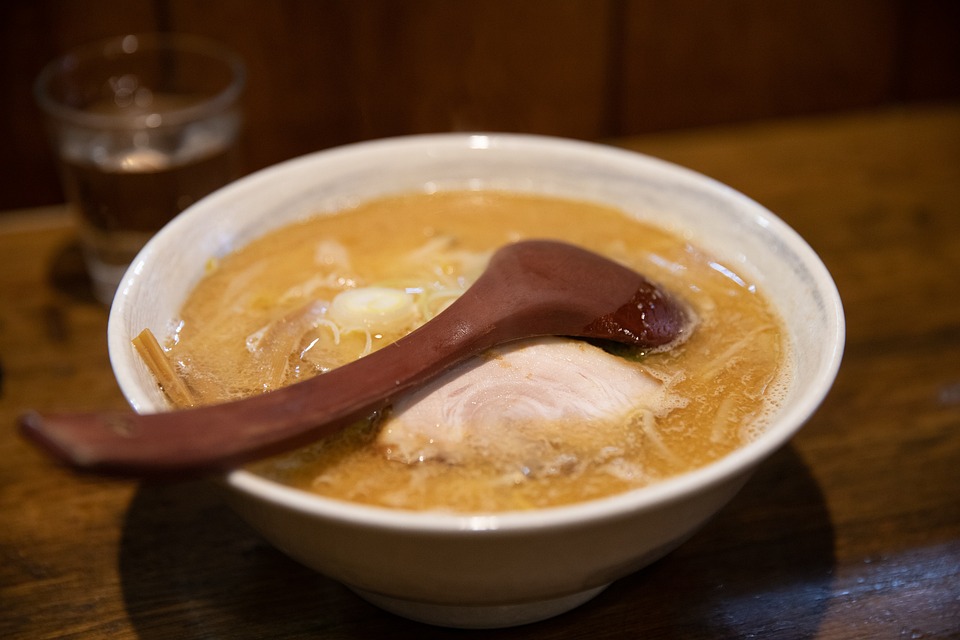[ad_1]
Miso soup, a traditional Japanese dish, has gained popularity across the globe for its unique flavors and health benefits. Made with fermented soybean paste, known as miso, this soup is known for its umami taste and versatility. In this article, we will demystify miso soup by exploring its ingredients and nutritional value.
The main ingredient in miso soup, as the name suggests, is miso. Made by fermenting soybeans with salt and a type of fungus called koji, miso is a staple in Japanese cuisine. It comes in various colors and flavors, ranging from light yellow to dark brown. The color and taste of miso depend on factors like the type of soybeans used, the fermentation process, and the length of fermentation. Common types of miso include white (shiro), red (aka), and mixed (awase) miso.
Along with miso, other ingredients frequently found in miso soup include dashi (a soup stock made from ingredients like kelp and dried bonito flakes), tofu (silken or firm), green onions, and seaweed (such as wakame). Additional ingredients can be added based on personal preference, such as mushrooms, vegetables, or even meat or fish.
Now let’s take a closer look at the nutritional value of miso soup. Miso is known for its rich nutrient content, providing a range of vitamins, minerals, and beneficial compounds. As a fermented food, miso is a natural source of probiotics, which promote a healthy gut microbiome. These probiotics aid in digestion and support a robust immune system.
Furthermore, miso is a good source of plant-based protein, making it a suitable option for vegetarians and vegans. It contains all the essential amino acids needed for the body’s proper functioning. Miso also offers essential minerals like calcium, potassium, and iron.
The inclusion of tofu in miso soup adds even more nutritional value. Tofu is a rich source of protein, low in saturated fat, and contains all nine essential amino acids. It also provides minerals like calcium and iron, making it a nutritional powerhouse.
Seaweed, another common ingredient, contributes to miso soup’s nutritional profile by providing a good amount of essential vitamins and minerals. It is particularly rich in iodine, which is crucial for healthy thyroid function.
Despite its numerous health benefits, miso soup should be consumed in moderation. It does contain a significant amount of sodium due to its salt content. Individuals with high blood pressure or sodium-restricted diets should monitor their intake accordingly. It’s also worth noting that miso soup is not suitable for those with soy allergies or who are sensitive to soy-based products.
In conclusion, miso soup is a flavorful and nutritious dish that offers a range of health benefits. With its unique blend of ingredients like miso, tofu, and seaweed, it provides a rich source of probiotics, protein, and essential vitamins and minerals. Remember to enjoy miso soup in moderation and adapt the dish to personal taste preferences. Whether you’re a fan of Japanese cuisine or looking to explore new flavors, miso soup is definitely worth incorporating into your diet.
[ad_2]



コメント